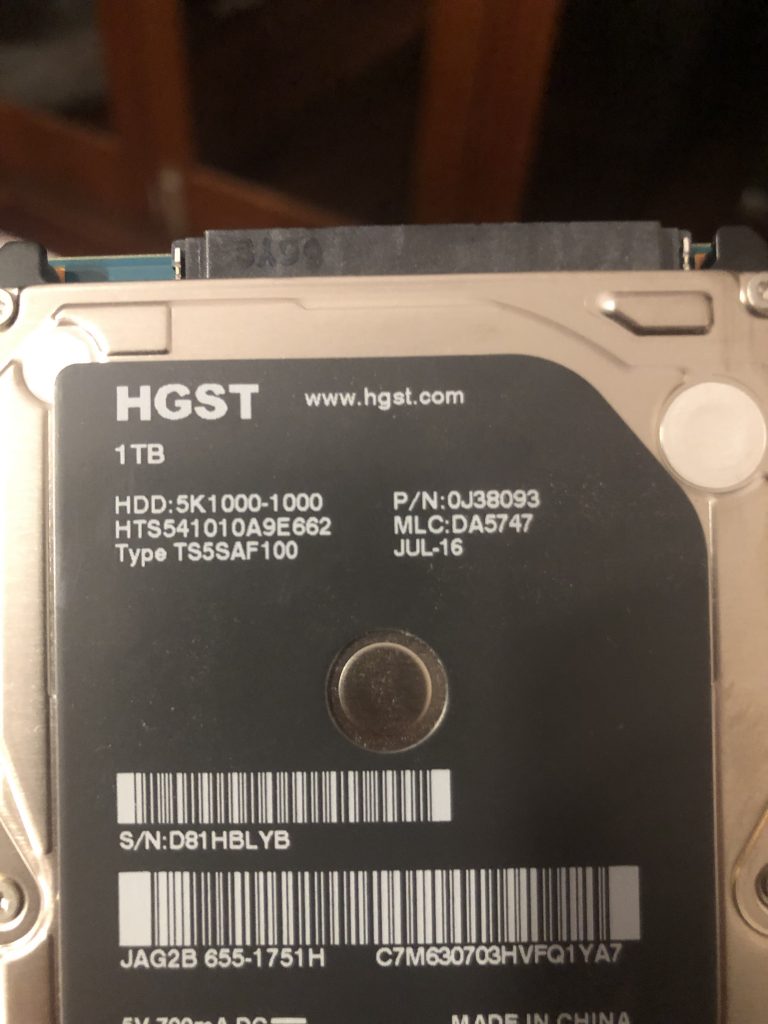
Update 16th March 2020: While this article talks at some length about 2012-2014 iMacs it must be said that asn SSD upgrade or any Mac that you find useful will benefit from this upgrade.
It has been simply ages since I have been able to write anything useful.
Perhaps you’ve wondered what I was doing, or rather not doing all this time?
I can assure you its hard, awful, nothing short of hair pullingly awful to read day after day the drivel that seems to come out of the tech news channels these days.
A new phone… that looks the same as the one before it. Ditto with the iPad. A new version of the MacOS that doesn’t really do anything anyone gets that excited about anymore. Sure it’s faster and more secure but how boring is that? Especially since we have spoken about these things before on this very website.
It is distressing. It has had me sitting in my chair glassy eyed and slacked jawed. Just waiting for something, anything, I can share.
Well, as it happens all I needed to do was, as a meditation instructor might advise, look within.
I have discovered something on my very own. A true original and it even has an element of the Corona virus as well. But more on that later.
Now I am not going to say that this is fact. Not at all… but it is something I have observed and tested and I am ready to say, with a fair amount of certainty, that it is a ‘thing” and I know how to fix it.
For a couple of years now there has been a trend of people asking me to look at the iMac because it is extremely slow. This normally comes after the latest upgrade but it nearly always includes a freshly installed copy of Office.
Sometimes includes an installation of Dropbox as well.
It seems that this combination, 2012 to 2014 iMac with the latest operating system and at least a copy of Office or Dropbox seems to reduce the machine to a snail’s pace.
In the beginning like all technicians I set about to solve this through software – especially since hardware tests came back clean.
We cleaned out cache files, we rebuilt directories, we removed preference files and even removed old copies of Office when it was rumoured that this might be a factor as well.
When none of this worked we resorted to more drastic measures in the form of reformatting the hard drive and putting everything back again.
But in the end the Mac was still slow.
Sometime ago I came to the conclusion that the only way to fix this issue was replace the hard disk for an SSD. I surmise that the sheer speed of these monsters would more than compensate for anything else that might be going on. As it turns out, a few years later, I think any hard drive of any persuasion would have fixed the issue because nearly every hard disk removed from a stricken iMac was the HGST brand. Coincidence? Perhaps, but there it is.

I was going around town spruiking this self informed prophecy when I heard via a client that a hapless and very patient Apple engineer had walked my client through 3 hours of testing as described above only to come to the same conclusion: namely a new Mac or a new hard drive.
So since that time I have dispensed with the hours of cache removal, preference digging rebuilding of directories and simply advised that if your Mac falls within these unfortunate parameters it might be worth considering the installation of an SSD.
The SSD really is the panacea, the wonder drug, of the older iMac/MacBook. Not only does it fix this bad behaviour but it turns any aged Macintosh into something that could stand next to a brand-new one whilst thumbing its nose. If it could do such a thing.
So what, I am sure you are wondering, should you be looking for before considering an SSD upgrade?
Firstly, if your iMac is 2012-2014 21.5 inch model you might be thinking its a bit slow. It is not as fast as it once was? If that’s the case you might consider the upgrade.
Secondly… your Mac was just fine until you installed Mojave or Catalina and now… oh boy… opening anything up is like wading through setting concrete. In these cases you could try the preference, cache file dance but in the end I think you’ll find an SSD will but an end to it.
One last possibility is that your Mac, regardless of screen size or year might have a faulty hard disk… a fault that cannot be picked up by off the shelf software. (and sometimes not even with the speciality software either.) If thats the case your mac will feel slow but the hard disk will be reporting full health.
So if you want to upgrade to an SSD feel free to drop us a line but I would do it sooner rather than later. You see, and this is the corona virus connection I promised earlier, I have been reliably informed that the prices may start to increase soon due to the fact that most of the parts that make up an SSD are from China. When and how much I am afraid they couldn’t say but they did indicate that ram prices have already started to head northwards due to the same supply issue… so the signs are there.

Recent Comments